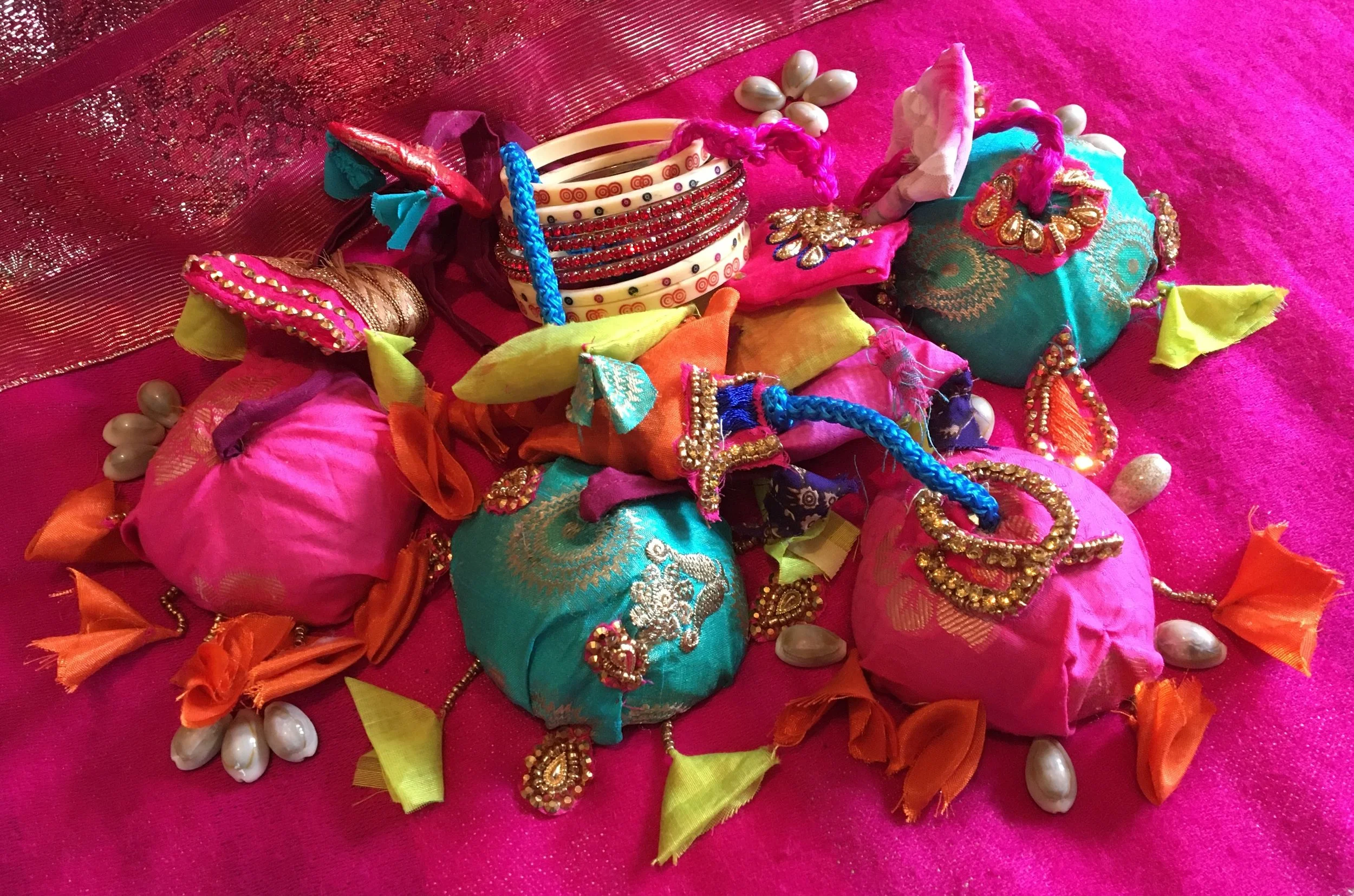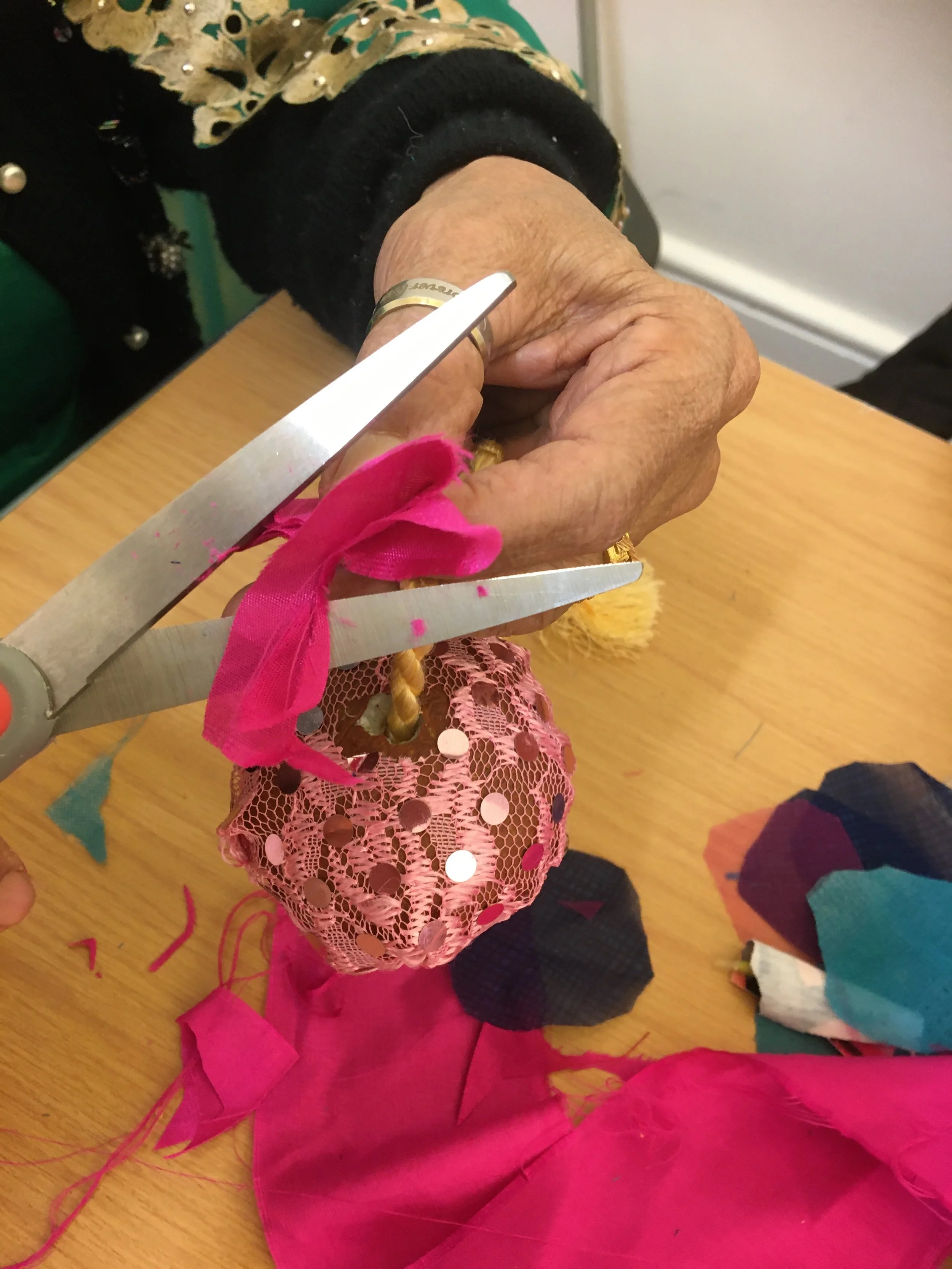Black Country Digital Firsts: Amarjit Nar
Selected artists from the Black Country are harnessing digital skills and mentoring through Black Country Digital Firsts; a partnership between Creative Black Country and The Space. We’ve been working with our first group of creatives during 2024 and will be rolling out a second cohort in 2025 (more details coming soon). For this series of blog posts we are introducing the folks who have joined us on the first round of mentoring sessions and workshops as they begin to develop their digital commissions.
Armajit is using the opportunity with Black Country Digital Firsts to amplify untold stories of South Asian women, creating a poignant documentary about Indian suit shops and their cultural significance, while exploring new possibilities through digital storytelling.
What inspired you to apply for Black Country Digital Firsts and how did you hope it would impact your creative practice?
I have been working with South Asian women over the last few years to share their untold stories. Although I have captured their words in text, I do not have the expertise to capture them on film and felt this was a lost opportunity.
Can you share a little about the project you are working on and why you feel it’s particularly bold or imaginative?
I am working on a documentary film about Indian suit shops, which played an integral role in the lives of women who came to the UK, where they had to adapt to a new way of life. The suit shops were a connection to the homeland. I am looking at Sabby's story, her experience of living in a suit shop, which was the converted front room of their terraced house, where she grew up, played and worked. Without documenting it in some way this history will be lost. Women from the community will also be sharing their stories.
How do you believe fostering digital creativity can contribute to the cultural landscape of the Black Country?
Sharing these stories in digital format makes it easier to reach more diverse audiences and creates a greater understanding of different communities. I want to use the documentary to start conversations.
What has been the most valuable lesson or insight you've gained from the mentoring and advice sessions provided through Black Country Digital Firsts?
I did not feel this was an avenue I could explore - telling stories through film, because I do not have the experience. Through my mentor, I have found I can share untold stories through this medium. She has helped me discover the greater opportunities available to me and has connected me to the right people to enable this to happen. She has also helped put my proposal together.
In what ways do you think Black Country Digital Firsts can amplify diverse voices and perspectives within the Black Country?
The project has given me a springboard to capture and share untold stories from the Indian community, in particular, the voices of women and this breaks social stereotypes. Sharing stories in this way will also create new conversations and inclusivity.
How do you now envision the role of technology in enhancing your creative practice going forward?
The experience has opened up so many opportunities for me to progress and share more stories in digital format. I would like to build a library of stories before they are lost or forgotten.
What advice would you give to other creatives in the region who are considering applying for the second round of Black Country Digital Firsts?
Take the leap and apply. It has taught me I can do so much more with the stories I capture and has given me the means to do it. With Black Country Digital Firsts I have moved from wanting to create to making a documentary film. I have discovered there is so much more I can do. It helped me believe in myself and my project.
Black Country Digital Firsts is a unique partnership between Creative Black Country and The Space that aims to build digital creative confidence, inspire excellence in the area, foster digital creativity, commission artists, and offer creative support via mentoring and advice sessions.


